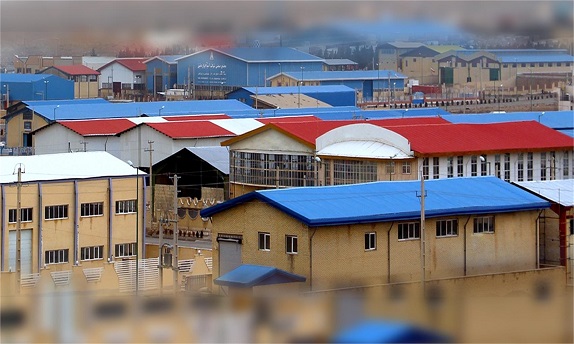Akbar Qanbarpour, the adviser to the Minister of Communications and CEO of the Payam Special Economic Zone, discussed the interest of mobile phone importers in production. He stated: The main issue for technology companies is the market.
According to IDEA, the CEO of the Payam Special Economic Zone stated that the increase in mobile phone imports in recent years has driven importers towards domestic phone production.
Akbar Qanbarpour, adviser to the Minister of Communications and CEO of the Payam Special Economic Zone, explained the interest of mobile phone importers in production: The main issue for technology companies is the market. Importers have a share in the market, and when they move towards production, they have a better chance of success since they already have a presence in the market. In fact, importers are one step ahead of other manufacturers.
He discussed the impact of increased import tariffs and stated: The import policies for phones in the past one to two years and the increase in import tariffs lead importers to consider moving towards production.

According to him, it is planned to produce one million phones in the Payam Special Economic Zone this year, and one-third of them will be smartphones.
Qanbarpour also mentioned: There is no capability that will be produced in the Payam region without having a market; these phones are produced based on orders.
The CEO of the Payam Special Economic Zone also said: With the increase in domestic phone production, manufacturers can tap into the potential market of 400 million people in the region. All countries in the region except Turkey will welcome Iranian phones.
Aiming for a one percent share of the country’s economy
As he mentioned in this press conference, the Payam Special Economic Zone plans to achieve a one percent share of the country’s economy. So far, ten percent of this goal has been achieved.
He described upcoming plans: What we are pursuing today as a state-owned company is creating a hub for the digital economy. Initially, we plan to establish a center for data center companies. We need at least 3,000 illuminated rack units. In this area, 18 private companies have requested land, and three companies have become active. Our plan is to illuminate a thousand rack units this year.
Qanbarpour continued: Indigenous production of national information network equipment is another program. More than 30 companies in the network equipment sector are producing 26 unique products with a circulation of one million.
He also said: The establishment of the specialized Fava customs has begun. Customs, the postal service, and private sector entities in the laboratory sector must complete this task within the six-month opportunity that ends in this September.
In 1401, 200 million tons of products worth $206 million were exported from the Payam customs. Also, 112 million tons of imports worth $958 million were conducted.
According to him, 315 production companies and 176 license-holder companies have received permits, and 7,000 people are employed in this area. Additionally, the private sector has invested in the Payam Special Economic Zone over the past 15 years.
He announced plans to create a Silicon Valley for producing silicon equipment.
According to Qanbarpour, this program aims to develop an innovative and startup ecosystem, and in this regard, an agreement has been signed with the Vice Presidency for Science and Technology of the Presidency.
The Payam Special Economic Zone was established after the war with the aim of creating a new airport in Tehran and becoming a postal hub in the region. In 1995, this project was transformed into the Payam Aviation Services Company, and its articles of association were approved by the Parliament. Finally, in 2001, the Payam complex was transformed into a Special Economic Zone, which covers an area of 3,600 hectares.




No Comment! Be the first one.